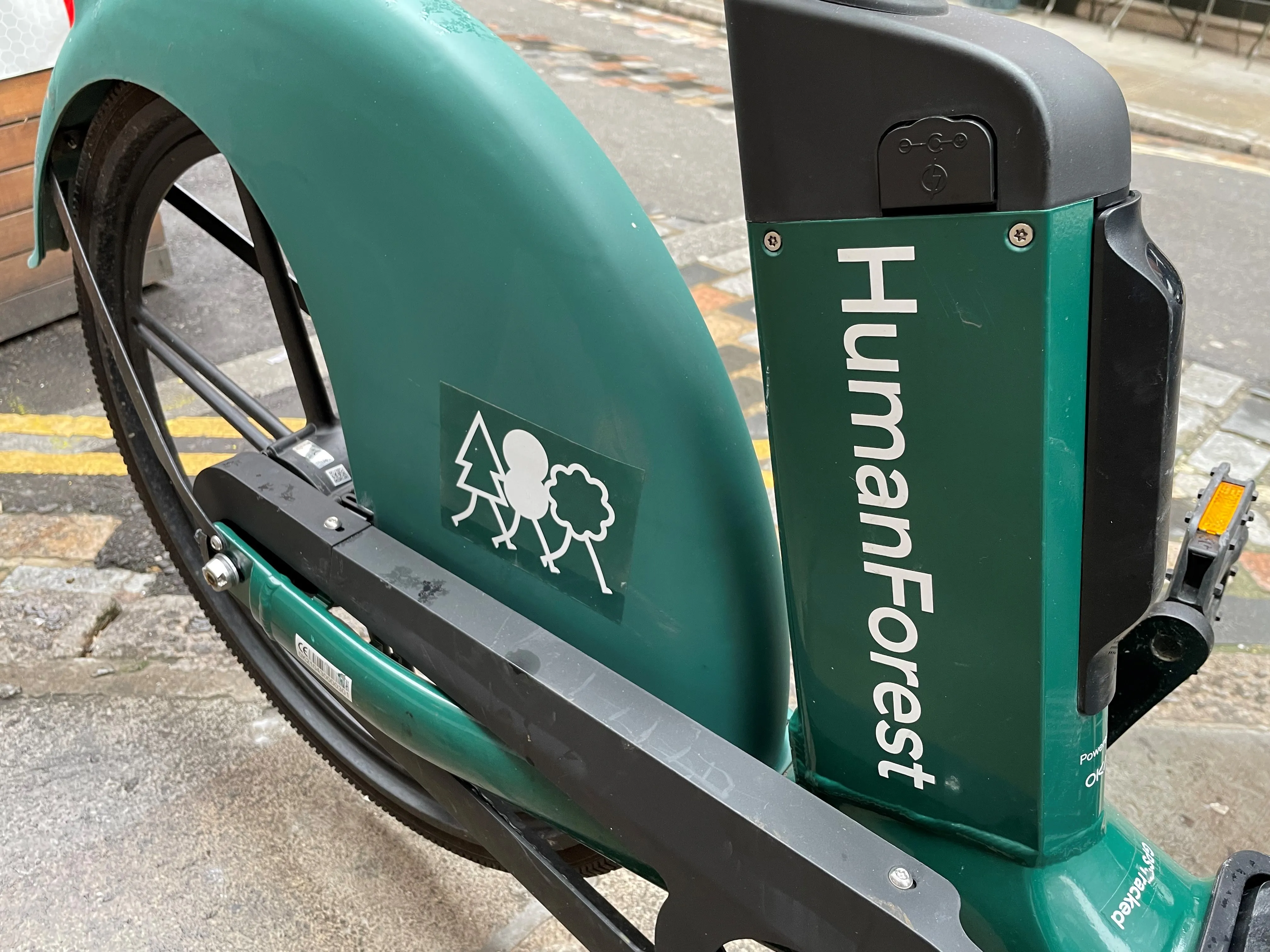Lime has deployed its electric scooters in Mexico to help improve air quality in the capital city. The Lime-S e-scooters are available in neighbourhoods such as Polanco, Anzures, Juarez, La Condesa and La Roma.
Users can unlock and pay for the scooters for MEX$10 (40p/53c) through the company's app and are charged MEX$3 (12p/15c) per minute.
Lime is also working with the Institute for Transportation and Development Policy (ITDP) to help ensure the scooters are introduced safely into the city.
Bernardo Baranda, director of ITDP Mexico, says: “We should have more options other than cars in particular which is why we welcome new services that of course should operate with order, security and be part of a public policy of sustainable mobility.”
The Lime app allows riders to find available dockless scooters via its live GPS map.
Lime launches electric scooters in Mexico
Lime has deployed its electric scooters in Mexico to help improve air quality in the capital city. The Lime-S e-scooters are available in neighbourhoods such as Polanco, Anzures, Juarez, La Condesa and La Roma. Users can unlock and pay for the scooters for MEX$10 (40p/53c) through the company's app and are charged MEX$3 (12p/15c) per minute. Lime is also working with the Institute for Transportation and Development Policy (ITDP) to help ensure the scooters are introduced safely into the city.
October 8, 2018
Read time: 1 min










